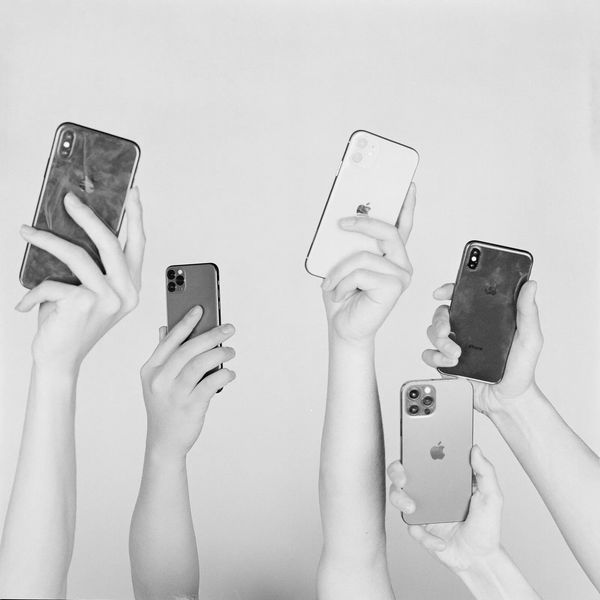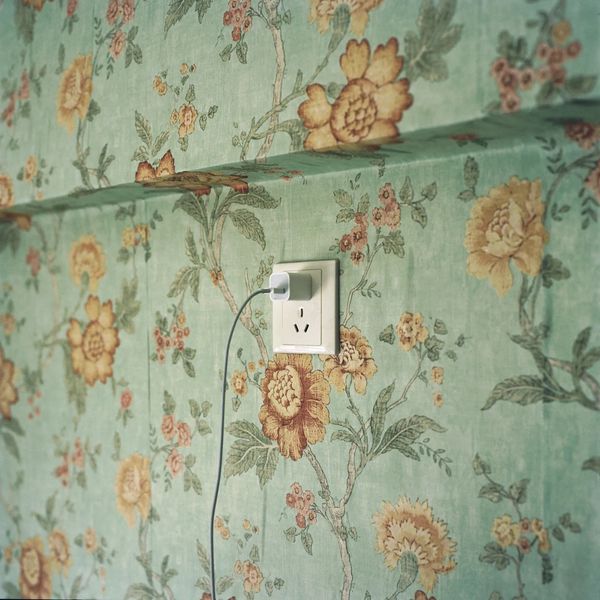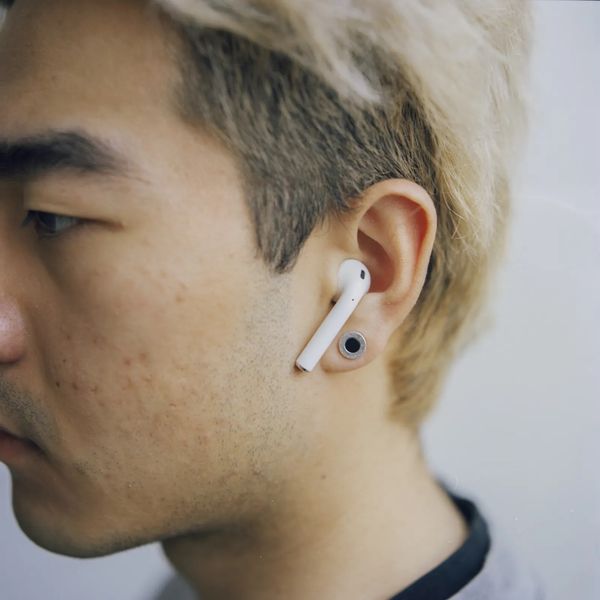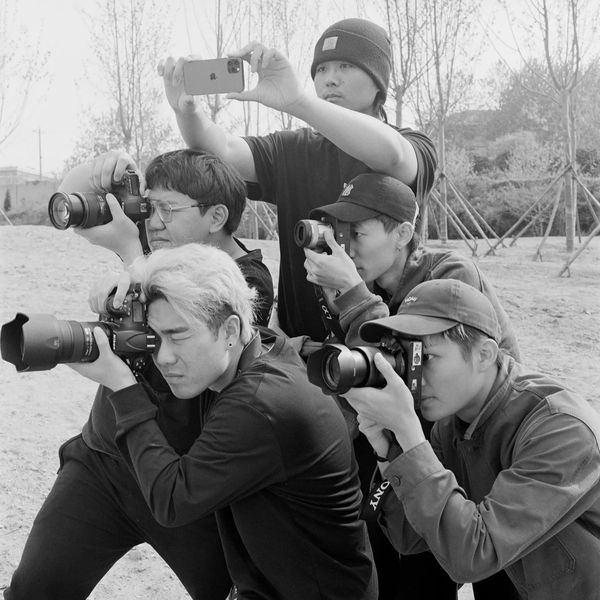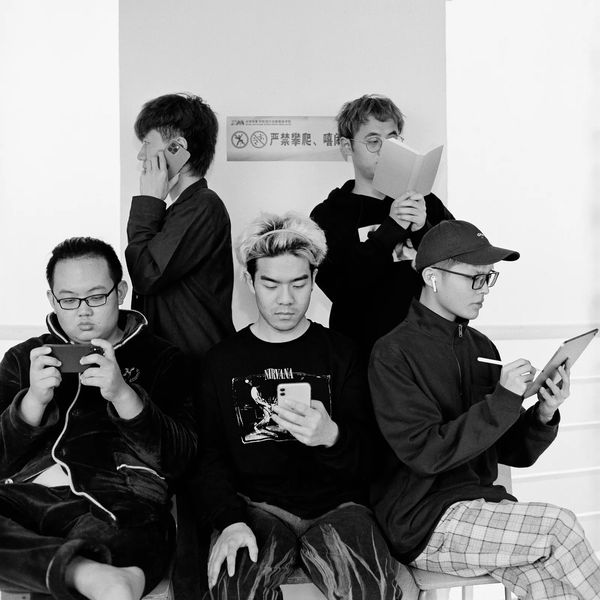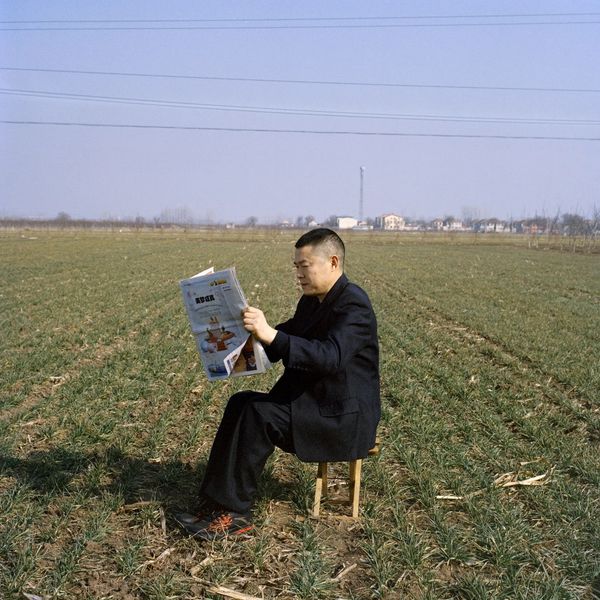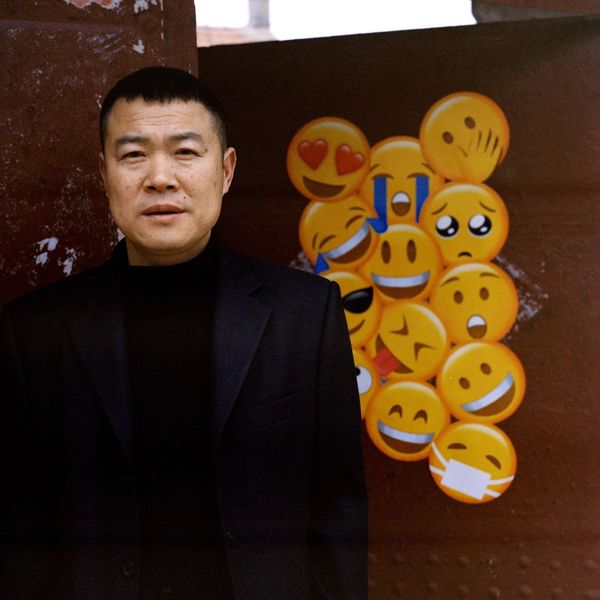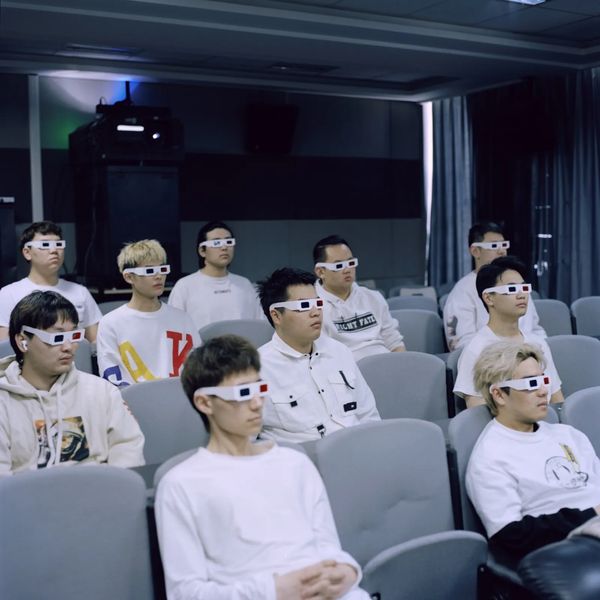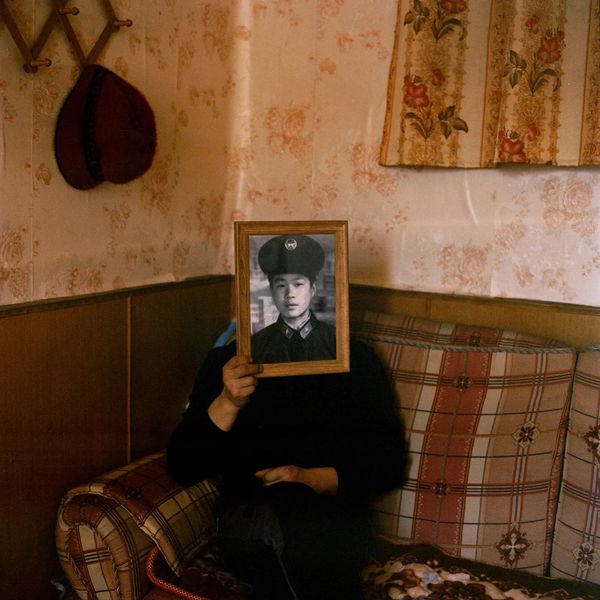Echoes in the Digital Void: Yuhang Jiang on Identity Erosion in an Age of Endless Replication
-
Published31 Oct 2024
-
Author
Unnatural Collapse examines the value of self in the digital age, probing the fragility of personal identity within the online world, exploring the blurred boundaries between nature and artifice.
In an age and time where digital culture tirelessly reshapes our understanding of space and reality, Yuhang Jiang gently invites viewers to consider how the incessant flood of information and digital content affect not only how we see the world, but also how we understand ourselves.
By doing so and by drawing form his own experience, Jiang immerses himself in the complexities of social identity and human dynamics, now intricately and dangerously intertwined within the digital landscape, of which we are spectators, perpetrators, and targets.
Inspired by the erosion of traditional boundaries—between nature and artificial environments, between tangible reality and digital simulation—Jiang’s Unnatural Collapse explores what happens when our connection to the physical world feels frayed. His work reflects the quiet, yet profound shifts in meaning in a world where information is not only easily accessible but endlessly replicated and shared. Which raises an important question: what does it mean for something to have value when it can be infinitely replicated, shared, and consumed?
“The inspiration for Unnatural Collapse comes from observing the tension between the natural world and our increasingly digital, media saturated existence,” Jiang says. “In a digitally saturated world, I often feel that the traditional boundaries between nature and human-made structures, between reality and digital simulation, are gradually ‘collapsing.’ A collapse that is not only physical but also conceptual,” he says.
His body of work expresses his growing apprehension about humanity’s environmental impact and our collective awareness. It also mirrors his personal journey as he navigates these ambiguous boundaries. The “collapse” he mentions also suggests how geographical and temporal distances become irrelevant in the online world. “Everything exists simultaneously everywhere,” he notes.
He visually expresses this concept through disjointed perspectives and surreal combinations of elements that shape the structure of his images. Jiang’s approach challenges the viewer’s perception, prompting them to question the boundaries between digital representation and physical reality.
The negative impact is noticeable. Although we all coexist in this expansive online world, each person remains isolated within their own experiences—single voices lost in a crowded, rowdy room. In this vast digital (non)space, Jiang observes that the boundaries between past and present, truth and illusion, become hazy and hard to define. To convey this discomfort, he creates ambiguous and multidimensional images, often a collage of archival footage mixed with contemporary visuals. He further explores these blurred lines through symbolism or by juxtaposing historically elements with modern digital artifacts.
But the media’s capacity to endlessly replicate, alter, and circulate about any type of information amplifies the aforementioned discomfort and further blurs, if maybe irreparably, the already uncertain lines we walk, in this worn digital landscape of our very real lives.
This abundance of content further dilutes the value of each piece of information, and perhaps of the sense of self.
In his work, Jiang found inspiration from Jeff Wall, particularly in his method of constructing "artificial reality"—meticulously staged scenes that blend fiction and realism to underscore social and political themes.
“I navigate the tension between social themes and personal identity by focusing on the impact of media and politics on my own life and the lives of those around me,” Jiang says. “I aim to create resonant images on both macro and micro levels, emphasizing how personal experiences are shaped by larger forces such as politics and media by embedding personal narratives within a broader social context. This duality invites viewers to reflect on their own identities while considering the collective challenges we face.”
In his own work, Jiang seeks to achieve this vision by actively engaging his subjects, guiding them through a sequence of posed scenes that foster a connection not only with their surroundings but with the camera itself. Through these interactions, he captures a multi-layered reality that mirrors the complexities of shared social experiences. The interplay between the posed and the environmental invites viewers to question what is constructed versus what is real, highlighting the emotional and societal impact of each subject’s story while opening a broader dialogue beyond the frame.
--------------
All photos © Yuhang Jiang, from the series Unnatural Collapse
--------------
Yuhang Jiang is a Chinese photographer based in Beijing. Jian uses photography as his primary medium to express the relationship between society and the environment, exploring the impact of humans as agents of society on the natural world. Find him on PHMuseum.
Lucia De Stefani is a writer and editor focusing on photography, illustration, and everything teens. She lives between New York and Italy. Find her on Instagram and Twitter.
